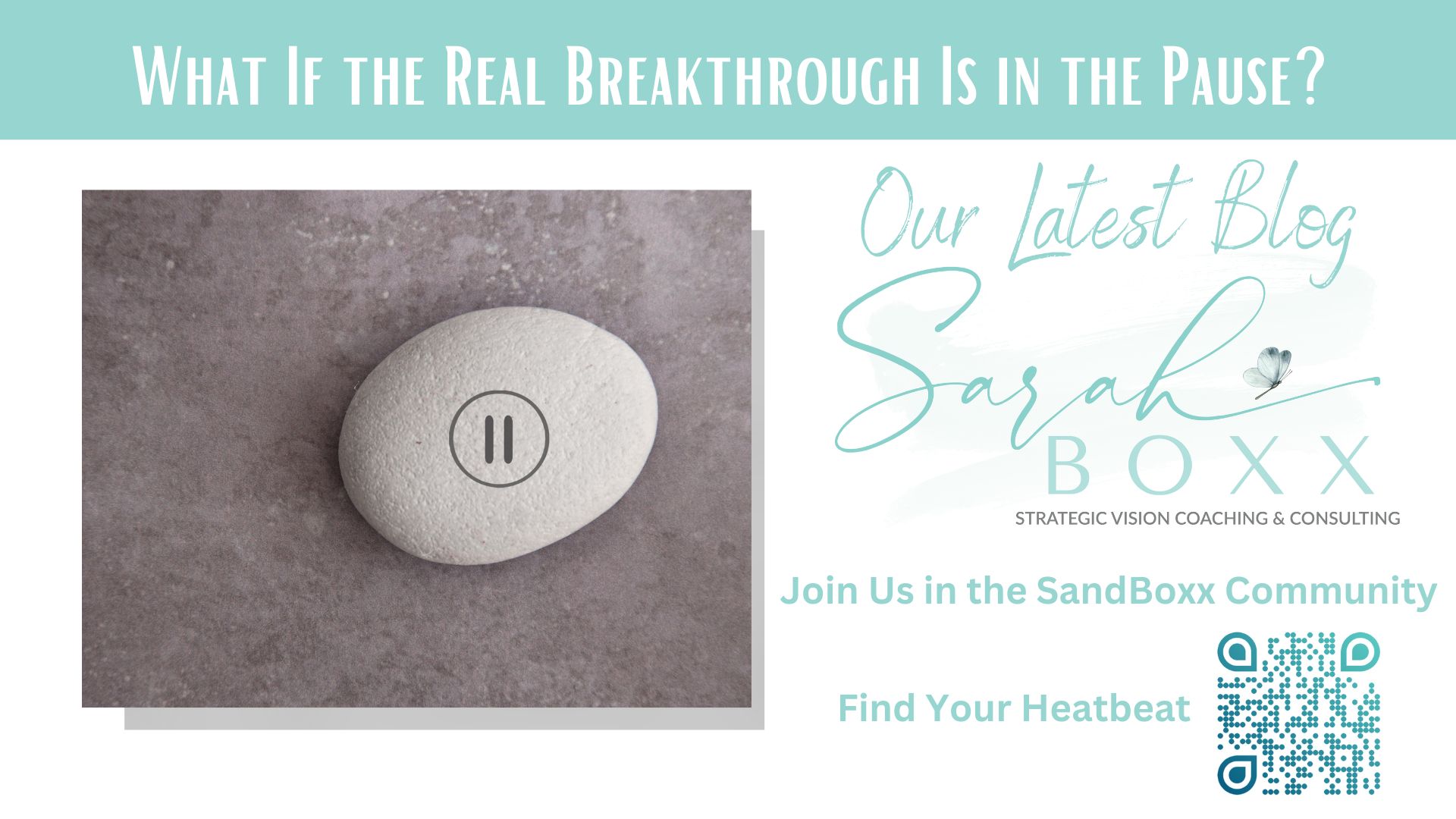How often do you find yourself attempting to multitask? Once a week? Every day? Hourly? For most of us, multitasking has become a regular part of daily life.
We keep multiple tabs constantly open on the computer. We check our email while eating lunch. We order groceries while playing with our kids.
See what I mean?
So often we multitask in an attempt to get the greatest productive value out of each available minute. But what is the real impact of all this multitasking?
First, we need to redefine the term “multitasking.” If I were to ask you for a definition, I’m willing to bet you’d respond with “doing two (or more) different tasks at the same time.” That is, after all, what most people think of when they hear the word “multitask.”
Here’s the problem with that definition:
We are never truly doing multiple tasks at the exact same moment. Rather, we switch back and forth (sometimes very quickly) between different tasks. We move our focus from one item to the next, and back again.
Unlike the term incorrectly implies, we just aren’t able to give our 100% focus and attention to multiple items at the exact same time.
Take the emails and lunch example. You may think you are doing both simultaneously, but in reality you are taking a moment to read an email, then interrupting your reading to take a bite of your sandwich, before shifting your focus back to the email.
See what I mean?
Multitasking is a fancy way of saying that we are treating our focus like a ping-pong ball, moving quickly back and forth between tasks. A more correct term would be “rapid task switching.”
Now that we are clear on the definition, let’s discuss the impact multitasking has on productivity and efficiency.
Of course, the goal of multitasking is always greater productivity. That’s why we do it, right? But is it effective?
Research tells us that only 2.5% of people perform well while multitasking. This particular study showed that when these individuals worked on dual-tasks (two tasks at once) they saw similar rates of productivity compared to when they gave their focus to a single task.
It’s important to note, that this 2.5% group didn’t necessarily see improved productivity from multitasking, they simply didn’t experience any negative effects.
Alright, the real question…what about the other 97.5% of the study participants? These individuals did experience decreased productivity when they attempted to multitask. Their completion speed decreased and they were more likely to make errors in their work.
It doesn’t take a scientist to understand the takeaway of this research…for the vast majority of people, attempting to multitask is only going to hurt your productivity.
So, does that mean we should stop multitasking altogether?
Well, it depends.
Not all projects or tasks are created equally. Sometimes, multitasking isn’t a big problem because the tasks at hand aren’t that important to begin with.
Let me give you an example:
Our team member Maria is not a huge fan of folding laundry. In fact, she detests this particular chore. She’s found that watching one of her favorite TV shows while folding baskets of clothes makes the task more bearable, and dare I say, almost pleasant.
Sure, it’s going to take her longer to fold that basket of towels than it would if she just focused on folding. As long as she has the time, all’s well. She can accept being less efficient with her time in exchange for enjoying the process a little bit more.
This obviously isn’t the case with every situation.
Take a work project for example. You likely have a deadline you need to meet and using your time efficiently is important. Not to mention, multitasking opens you up to potentially making errors due to the lack of dedicated focus. This isn’t a big deal if the error is an incorrectly folding t-shirt, but could have much higher stakes in a work project where precision is essential.
And, one of the reasons I’ve worked on eliminating multitasking over the past couple of years is because multitasking increases stress from constant switching. As I’ve learned from experience (and studies by others), after a day of multitasking, I feel fatigued and frustrated with the [less than stellar] day’s results.
Can you relate (or are you one of the 2.5% who doesn’t experience the downsides of multitasking)?
Multitasking isn’t, by any means, the root of all evil…but it probably isn’t the best choice in situations of great importance. If you want (or need) to be more productive with your time and focus, skip the multitasking.
If you are looking for something worthwhile to give your focus to this holiday season, I have a free 31-day gratitude challenge that could be right up your alley! This simple practice will help keep you rooted and focused on the important things in this very busy time of year. Do it with your friends and family and lift everyone’s spirits. Click here to join the challenge!
Article was contributed by: Maria Lees, Team Writer with Sarah Boxx




